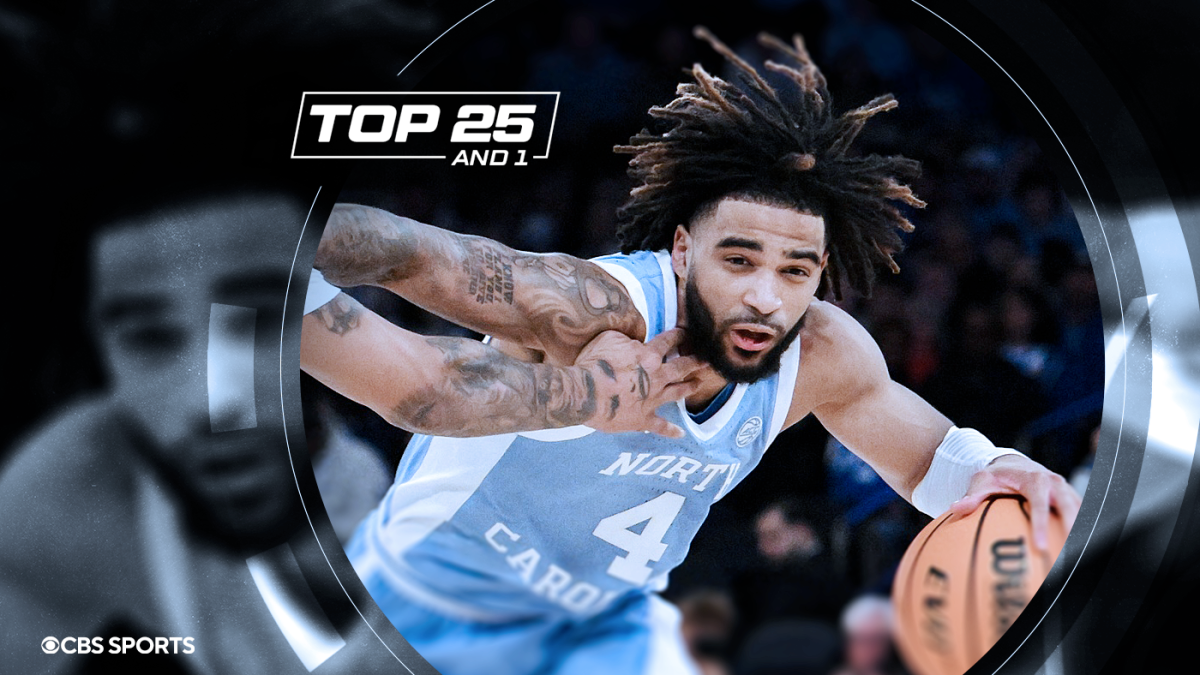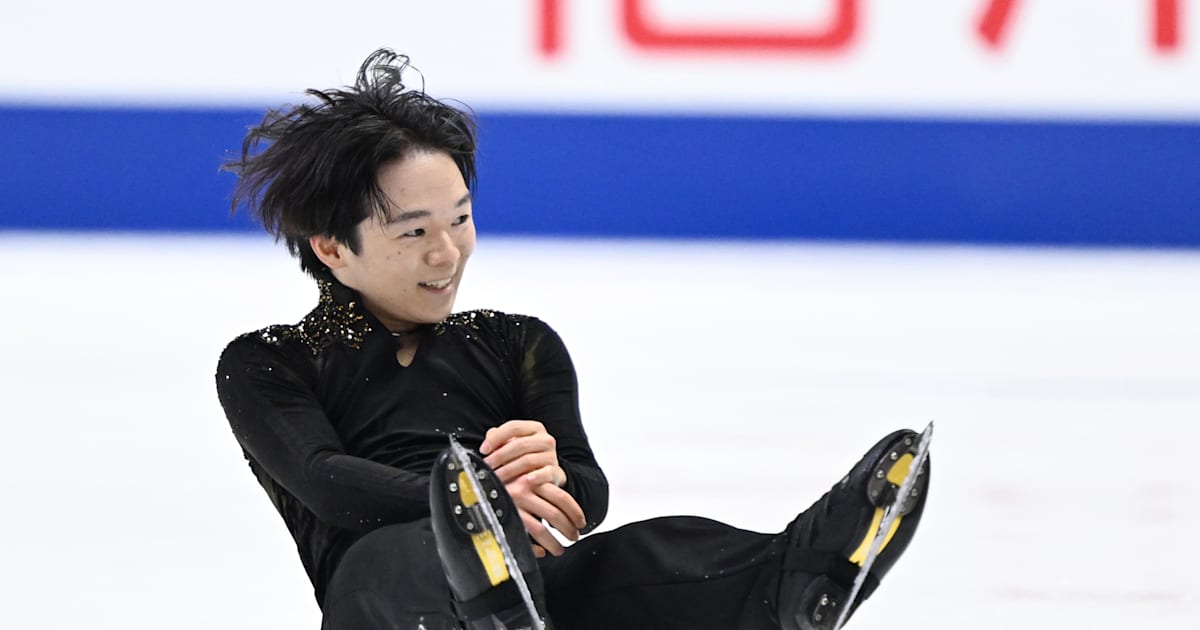World
As World Series dream slips away, a reality check awaits Yankees, Aaron Judge

NEW YORK — He is the captain, the face of the franchise, the $360 million man. For all those reasons, Aaron Judge cannot hide from his postseason misery. But in reality, the Yankees’ embarrassing performance in the World Series is a systemwide breakdown. Crazy as this might sound, considering they won 94 games and their first American League pennant since 2009, they are not very good at baseball.
What the Yankees are good at is bludgeoning weaker opponents, something they accomplished in the regular season by leading the majors in home runs and in the American League playoffs by dominating the offensively challenged Kansas City Royals and Cleveland Guardians. For the Yankees to succeed, Judge in particular needs to mash. They got away with a minimal contribution from him against AL Central competition in the first two rounds. They’re not getting away with it against the Los Angeles Dodgers in the World Series.
If – when? – the Yankees fail to rally from their three-games-to-none deficit, they will do themselves a disservice if they simply pat themselves on the back for a great season and fail to take an honest look at who they are. The Dodgers are the better team. Better offensively. Better defensively. Better on the bases. And, surprisingly, better with their starting pitching, too.
At this point, it’s fair to ask how the Yankees might have fared against some of the other postseason qualifiers in the NL – the San Diego Padres, the New York Mets, the Philadelphia Phillies, the Milwaukee Brewers. It’s also fair to ask if they will be as successful in the AL next season, particularly if Juan Soto departs and other teams in the league continue to improve.
The Yankees’ brand of baseball is offensive, not only in the statistical meaning of the word, but also the aesthetic one. They have been hard to watch this series, just as they have been for much of the season. Whether they re-sign Soto or not, they need to address their sloppiness on the bases and in the field. Which, with a team this flawed fundamentally, will be easier said than done.
Manager Aaron Boone is responsible on some level for the Yankees’ frequent on-field lapses. General manager Brian Cashman is responsible for a trade deadline in which the Dodgers’ additions (Jack Flaherty, Tommy Edman and Michael Kopech) turned out better than the Yankees’ (Jazz Chisholm Jr., Mark Leiter Jr.). The Yankees backed out of a preliminary trade agreement for Flaherty after reviewing his medical records, and subsequent efforts to complete a deal were futile.
It’s been a rough World Series for the Yankees’ Jazz Chisholm and Aaron Judge. (Wendell Cruz / Imagn Images)
Judge, too, will need to engage in some soul-searching, and figure out why he is proving less than a worthy heir to a tradition of October excellence established by Babe Ruth, Yogi Berra, Reggie Jackson, Derek Jeter and other great Yankees of the past. Judge is up over 250 postseason plate appearances now. And while he has 15 homers, his career batting average in October is just .196. He is testing the theory that if a great player gets enough chances in the postseason, he eventually will succeed.
In 2022, Judge set an AL record with 62 homers in the regular season, then hit .139 with a .490 OPS in the postseason. These playoffs have been more of the same. Judge is coming off an even better offensive season than he was in 2022. His OPS-plus, 123 percent above league average, was the 13th highest in AL/NL history, 33 percent better than that of the next-closest finisher, Shohei Ohtani. And yet, here he is, stuck in the autumn mud again.
The Yankees have scored seven runs in their three losses to the Dodgers. Judge is 1-for-12 with seven strikeouts. For the postseason, he’s batting .140 with two homers and 20 strikeouts in 54 plate appearances. And the problem he identified as his biggest issue – swinging at too many pitches outside of the strike zone – is only getting worse. Judge’s chase rate during the regular season was a career-low 17.7 percent. It has increased in each series in the postseason, from 21.3 percent against the Royals to 33.3 percent against the Guardians to 35.3 percent against the Dodgers.
Judge did not offer much insight after going 0-for-3 in Game 3 with a strikeout and a walk, saying, “I didn’t get any hits, didn’t drive anybody in. Got to get something done up there.” When The Athletic’s Chris Kirschner asked him if he felt he was letting the team down, he paused for several seconds before saying, “Definitely. You want to be getting the hits, you want to go out and do your job. I’m not doing my job right now, so (I’ve) got to pick it up.”
Really, there isn’t much else Judge can say. And really, there isn’t much the Yankees can say about their disappointing performance, either. Several players, including Judge, adopted a “just win one game” mantra. Well, of course. And the Yankees actually should be capable of winning one with the Dodgers planning a bullpen game Tuesday night. Right?
Maybe, maybe not. The Yankees could have put the Dodgers in a serious bind by grabbing a lead Monday and forcing Dodgers manager Dave Roberts to use lower-leverage relievers the way he did in essentially conceding Games 2 and 5 in the NLCS. Instead, Clarke Schmidt walked a physically compromised Shohei Ohtani on four pitches to start the game. Freddie Freeman followed with a two-run homer, and the Yankees didn’t score until Alex Verdugo hit a two-run homer with two outs in the ninth.
Verdugo offered an interesting analysis of the Series, saying, “To me, it’s not one-sided. The first game was ours. They won it. They had a historic hit. The second game, they got us in one inning and we couldn’t bounce back. That was the offense’s fault. And if we’re not scoring, we’re putting a lot of pressure on our pitchers to go out there and be perfect against a really good Dodgers lineup.”
The last part is undeniably true, but let’s go back to the first part. Defensive miscues by right fielder Juan Soto and second baseman Gleyber Torres haunted the Yankees in Game 1. They still led, 3-2, in the 10th, but the game never should have gotten to extra innings, much less to Freeman’s walk-off grand slam, the first in Series history.

The Yankees’ bench reacts to a strike call in the seventh inning of Game 3. (Vincent Carchietta / Imagn Images)
The one bad inning Verdugo references in Game 2 was the third, which included a two-run homer by Teoscar Hernández and solo shot by Freeman off left-hander Carlos Rodón. But the Yankees produced only one hit before the ninth, a solo shot by Soto. Their offense then pulled the same disappearing act in Game 3, with Walker Buehler recording five strikeouts in a seven-batter span in the first three innings, starting, of course, with Judge.
The Dodgers’ pitching is good, no question. But the Dodgers also do the little things the Yankees do not. Two plays vividly illustrate the difference between these clubs. Edman made a terrific read to score from second on a soft fly ball by Mookie Betts to right. Hernández, not known for his defense in left, made a perfect throw to nail the plodding Giancarlo Stanton at the plate.
The Yankees can still dream of a path toward a more competitive series. Rough up the Dodgers’ relievers in the bullpen game. Rally behind Gerrit Cole in Game 5. Force the Series back to Los Angeles, with the pressure shifting to the Dodgers. But little of what we’ve seen suggests such a scenario actually might unfold.
Oh, the Yankees keep talking about how close they are, how rapidly things can turn. Judge reflected on a knuckle-curve from Buehler he hit off the end of his bat to left in the fourth, saying, “you get that one out of the park, things change.” Yeah, sure. But Judge is grasping. The Yankees are grasping. In some ways, they are not who we thought they were. In others, they are who we suspected they were all along.
(Top photo of Aaron Judge: Dustin Satloff / MLB Photos via Getty Images)










